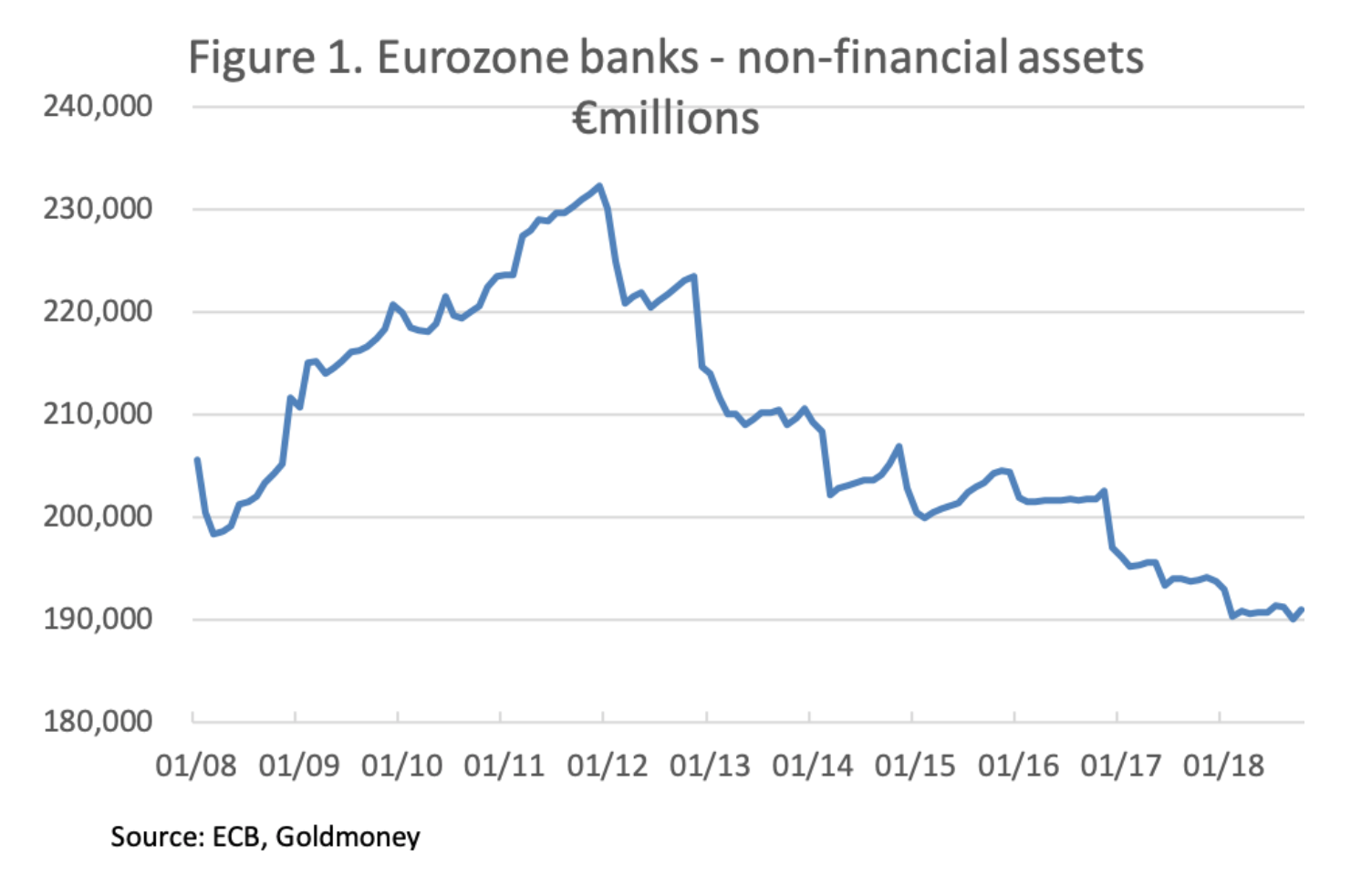From what looks to be a remarkably pleasant location, Peter Schiff delivers his two cents on the S&P’s effective downgrading of the US government’s debt rating. As you might imagine, the words scathing, nonsensical, and laughable, underly much of what Mr Schiff says:
Here is a related article excerpted from Mr Schiff’s own web site:
By: Peter Schiff
Monday, April 18, 2011The only thing more ridiculous than S&P’s too little too late semi-downgrade of U.S. sovereign debt was the market’s severe reaction to the announcement. Has S&P really added anything to the debate that wasn’t already widely known? In any event, S&P’s statement amounts to a wakeup call to anyone who has somehow managed to sleepwalk through the unprecedented debt explosion of the last few years.
Given S&P’s concerns that Congress will fail to address its long-term fiscal problems, on what basis can it conclude that the U.S. deserves its AAA credit rating? The highest possible rating should be reserved for fiscally responsible nations where the fiscal outlook is crystal clear. If S&P has genuine concerns that the U.S. will not deal with its out of control deficits, the AAA rating should be reduced right now.
By its own admission, S&P is unsure whether Congress will take the necessary steps to get America’s fiscal house in order. Given that uncertainty, it should immediately reduce its rating on U.S. sovereign debt several notches below AAA. Then if the U.S. does get its fiscal house in order, the AAA rating could be restored. If on the other hand, the situation deteriorates, additional downgrades would be in order.



so far all the sub-editors have missed the best headline…S&P Closes the Stable Door
Personally, I would have liked “S&P spanks the US government with some S&M” but for that, I really ought to be taken out and shot! :-)
You may want to review this to see that the FED is selling short term paper and buying long term paper and then selling put options to “insure” against their default thus having the effect of lowering the risk premium to suppress long term rates. And they are lying about it. This trade is backing them into a corner and is so huge that when, not if, this collapses it will decimate the economy. Ask yourself how in the UK is most govt debt long term and long term rates are not rising despite QE?
http://www.youtube.com/watch?v=ZnZnkaq8Nf8&feature=youtube_gdata_player
An interesting video. I hope all these people buying puts have worked out what to do when the Fed/US Treasury refuse to honour them, under force majeure.
Gawd.
Either Shiff has some novel definition of bankruptcy, or his comments are worthy of a good soap-induced mouth-washing.
The monetarily-sovereign United States government, which has issued all of its government debts in its own currency, simply can not go bankrupt, except on purpose, which seems unlikely.
What S&P and others might want to rate is the likely relative effect on the $US as an FX currency vis-a-vis that of other similarly-rated monetary sovereigns.
In other words, inflation-risk.
All else is market-moving rhetoric.
Yes, the US can always print money. That doesn’t guarantee that it will be worth anything though. Personally, I don’t think the US is in any great danger of bankruptcy.
However, it’s “monetary sovereign” nature doesn’t really eliminate the possibility of default in the general sense. In the early 20s Germany had monetary sovereignty. When the governments finances became bad it didn’t need to default by not paying bond holders. Instead it printed money and caused hyperinflation. This wiped out it’s debts in the “nominal sense”, that is debtors were paid the money amounts promised. But, in the real sense things were quite different. The debtors paid in devalued currency were not paid in any meaningful way.
If things become bad in the US (and I don’t think they really are yet) I think it’s very likely that the US government *will* default. The alternative of very high inflation would be much less palatable to the electorate. A few rich bondholders can be easily demonised by politicians and a default can occur without much fuss.